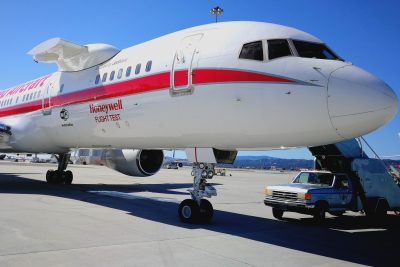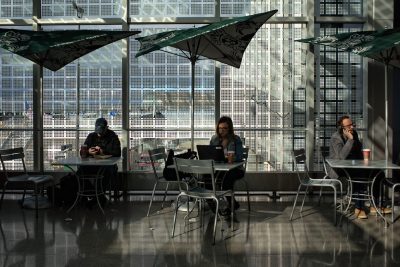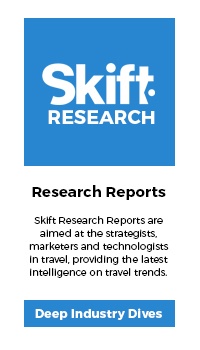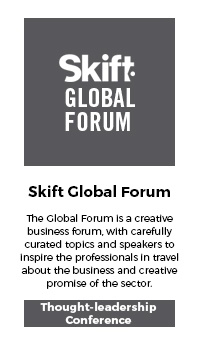Stories to Kick Off Your Friday
On the day President Trump announced that the U.S. is bolting from the Paris climate accord, is there any doubt that he'll turn the clock back on U.S. travel policies toward Cuba too? We have two stories today looking at the potential fallout, which includes a more than $3 billion adverse impact over the next four years.
There's another adverse impact that few corporations are talking about — but need to be. It's when the bean counter in procurement decides to forego sending female employees on business trips because of the added expense of things like reserving a hotel near the city center for safety reasons. Think of the lost potential and brain drain in that calculation. Dennis Schaal, Executive Editor

Supervisors who don't send women on business trips, in a misguided effort to avoid dealing with women's safety issues, are doing their companies a disservice by suppressing that talent. Companies that tackle that duty of care head-on are playing with a full deck.

Will Americans' rediscovery of Cuba be curtailed before it really takes off? There are already enough uncertainties about visiting the island with the embargo, tight hotel supply, and limited infrastructure on the ground. Adding more red tape could have a big impact.

Compared with other U.S. sectors, the travel industry would be disproportionately impacted should U.S.-Cuba relations and travel policies get reversed. It's anyone's guess as to how President Trump will proceed regarding Cuba policies but that picture should become clearer later this month.

Kayak's new ad blitz isn't the world's most political ad campaign but it is still good to see a company unafraid of standing up for what it believes in.

Honeywell has a new suite of connected tools that it's bringing to market powered by satellite connectivity. In a crowded market, though, it may take some time before the potential is fully realized.

MSC Cruises continues to show its ambition as it plans to add more ships to an already fast-growing fleet. Now the question is whether demand can keep up with all that supply.

About 32 million people attend at least one festival in the U.S. each year, traveling an average of 900 miles to attend one. Everfest has a promising model to profit off this trade by offering exclusive discounts and creating a festival recommendation engine.

Companies need to be aware of the concerns and needs of female travelers and empower them to do their jobs safely on the road.

Business travelers love saving two or three hours of flying time. They'll surely love United's new nonstop. But for everyone else, 18 hours is a long time to spend on an airplane. Even a 787.
Still Popular

For years, Airbnb, Booking.com, Expedia's HomeAway, and TripAdvisor have been scrambling for market share in vacation rentals to drive consolidation. But TripAdvisor says it is now focused on "quality" listings, rather than quantity.

Cities across Europe are wising up to the potential problem of too many tourists. Those tasked with marketing an "at risk" destination are going to have to work harder to spread tourism over a wider area in order to dilute the potential negative impact.

This is especially ideal for guests who (1) don't want their colleagues (or the general public) to see their sweaty selves in the hotel gym and (2) those rare souls who want to work out 24/7 as if no one is watching.


![How San Antonio's Downtown is Evolving as an Integrated Convention Experience [SPONSORED]](https://skift.com/wp-content/uploads/2017/05/HBGCC_Glam-51-400x267.jpg)















.jpg?t=1496350975457)


No comments:
Post a Comment